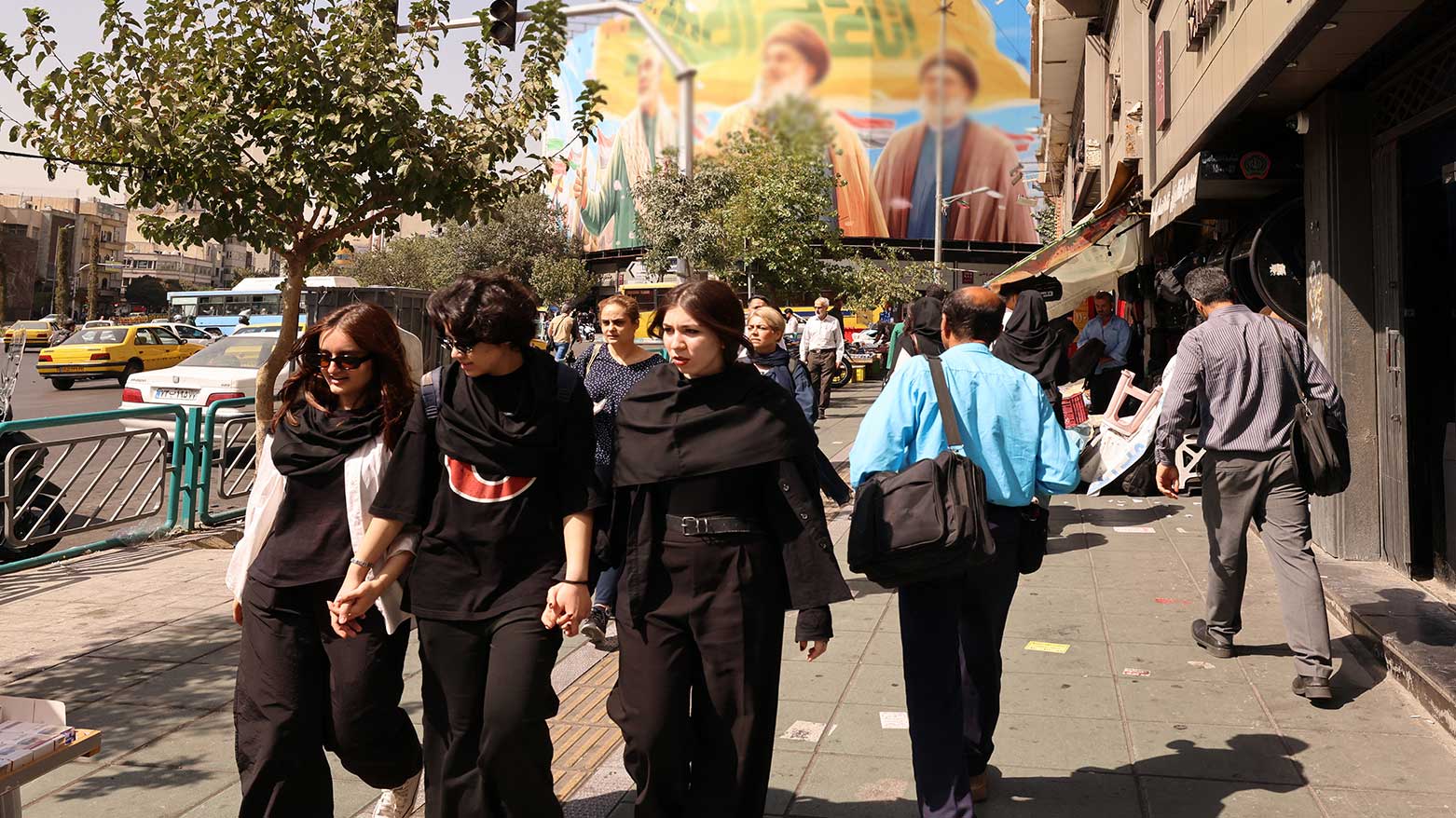Iran Approves Harsher Espionage Penalties Following 12-Day Conflict with Israel
Expanded Laws Target Digital Communication and Public Gatherings Amid Rising Security Concerns

ERBIL (Kurdistan24) — Iranian authorities on Wednesday approved a bill introducing tougher penalties for those convicted of spying for Israel and the United States, months after a brief but intense 12-day war between the two regional foes.
The bill, initially presented to parliament on June 23 during the conflict, marks a significant tightening of Iran’s legal framework regarding espionage and national security offenses.
The 12-day war saw unprecedented Israeli airstrikes on Iranian targets, with the United States providing brief support for Israeli operations.
The legislation, which now awaits the signature of Iran’s president to take effect, comes amid a crackdown on dozens of individuals detained on suspicion of spying for Israel and the United States in the aftermath of the conflict.
According to the Guardians’ Council, the body overseeing legislation, the bill approves "tougher sanctions for spying and collaborating with the Zionist regime [Israel] and hostile countries, including the United States, on security and national interests."
While the law does not explicitly define all "hostile countries," state media reported that any "deliberate assistance is condemned as corruption on Earth" — one of Iran’s most serious offenses, punishable by death.
Expanding the Scope of Penalties
Under the previous law, espionage offenses were not automatically capital crimes, and the legislation did not specify particular countries.
The new bill broadens the scope of punishable activities:
- Internet Restrictions: Using, transporting, buying, or selling unlicensed internet devices, such as Starlink, is now punishable by up to two years in prison. Starlink has been widely used to access restricted online content.
- Media Control: Sending videos or images to "hostile or foreign channels" that could allegedly undermine national security carries a sentence of up to five years.
- Public Gatherings: All illegal marches and gatherings during wartime are now explicitly prohibited.
Implications
The legislation reflects Tehran’s heightened security concerns following the war and increasing tensions with Israel and the United States.
Over the past decade, Iran has accused both countries of orchestrating intelligence operations aimed at destabilizing the Islamic Republic, targeting sensitive military and nuclear infrastructure.
Security experts say the bill could serve as a deterrent against espionage and unauthorized communication with foreign entities, but could also further restrict civil liberties within the country.
The inclusion of internet devices and social media activity in the law highlights Iran’s ongoing effort to control digital communication and counter external influence.
The approval of this bill follows a broader trend in Iran of expanding punitive measures in response to perceived external threats, particularly in the volatile Middle East region, where cyber operations and intelligence-gathering have become central to state security strategies.
Once signed into law, the legislation will mark one of the most severe crackdowns on espionage and related activities in Iran in recent years, signaling Tehran’s determination to safeguard national security and punish collaboration with countries it considers adversaries.
The bill also raises questions about how ordinary Iranians will respond to such sweeping restrictions, as the expanded definitions of espionage, internet use, and public gatherings could be seen as a harsh limitation on basic civil freedoms and everyday life.
Observers will be watching closely to see whether the public accepts these measures or whether they fuel further resentment and unrest.